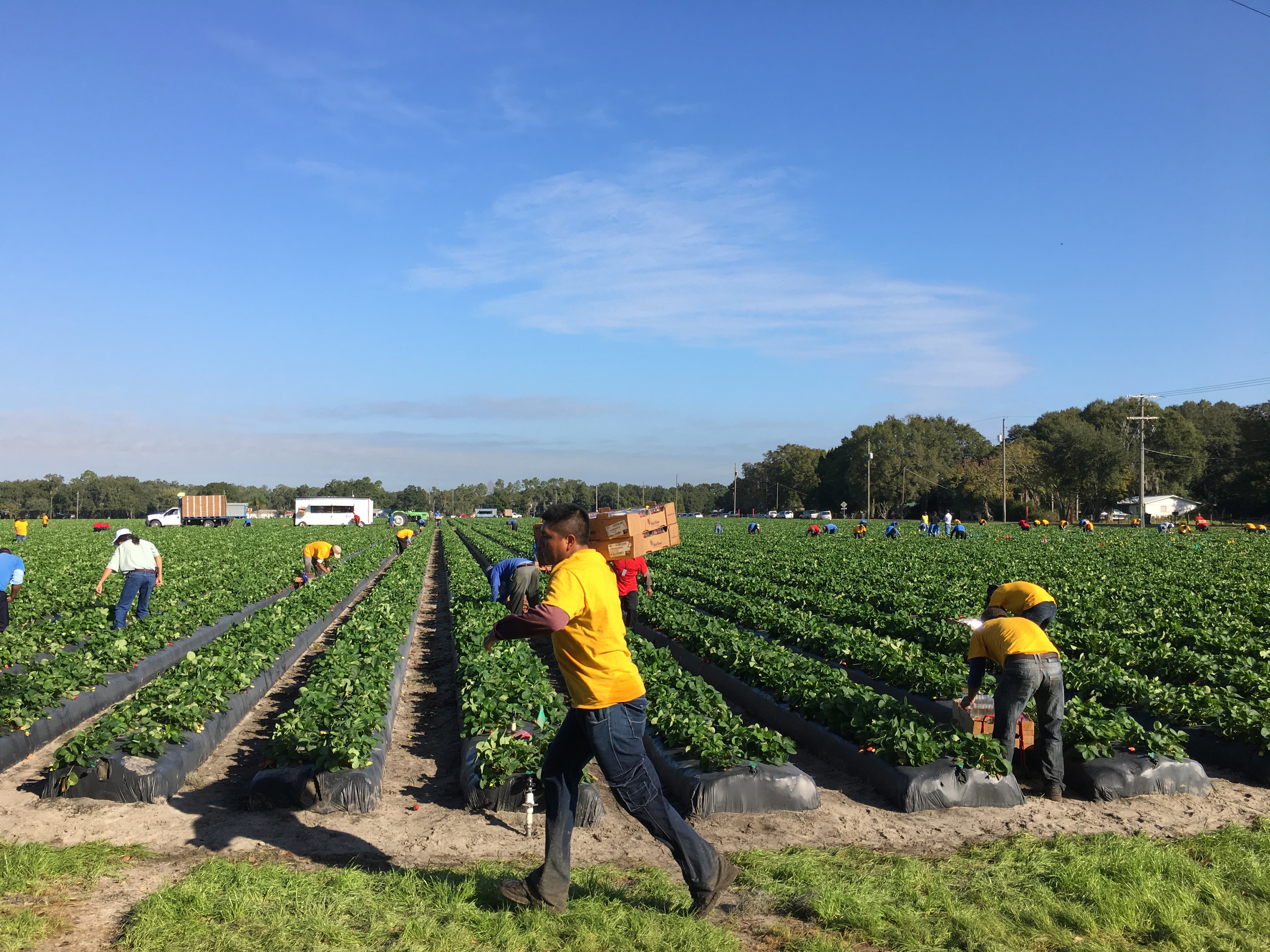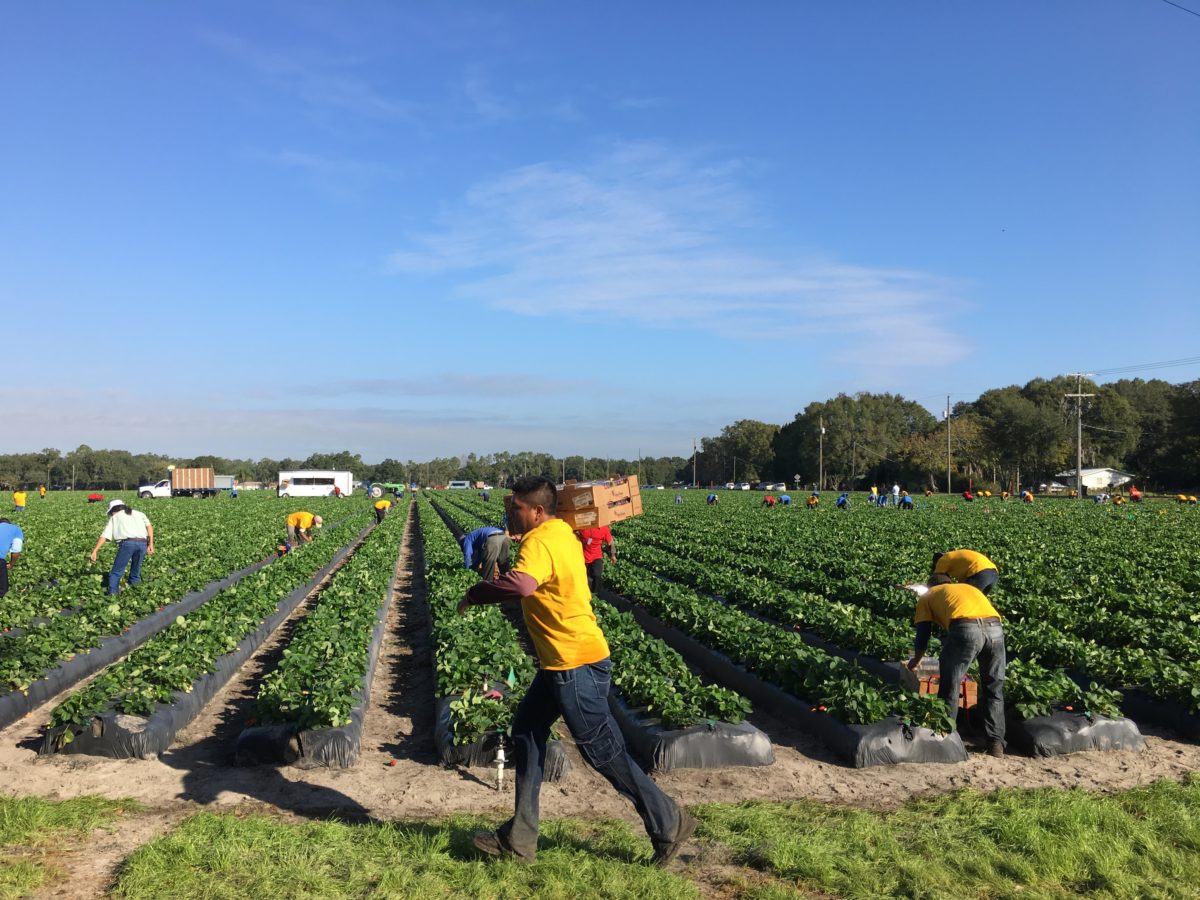
By Clint Thompson
The newly signed United States-Mexico-Canada agreement (USMCA) raises almost as many questions as it answers with respect to labor costs, according to Greg Fonsah, University of Georgia agribusiness Extension economist.
“The H-2A program which is in place is very expensive for the farmers, and that helps to increase the cost of production,” Fonsah said. “The good part about the USMCA is that it has relaxed that. But what we don’t know is how they’re going to relax it. Are you telling me that a farmer can say, ‘I’m not going to pay your transport back home?’ Say a farmer has 100 workers. Does he have to pay 100 tickets for them to go back home? That takes the cost of production way up. We’re trying to find out what this piece of legislation really means to see if the specialty crop farmers can really benefit from it or not.”
The purpose of the USMCA, which was signed on Jan. 29, is to allow food to be traded more fairly and to expand exports of American agricultural products.
According to the U.S. Citizenship and Immigration Services, the H-2A program allows U.S. employers who meet specific regulatory requirements to bring foreign nationals to the United States to fill temporary agricultural jobs.
Labor is a costly input for fruit and vegetable farmers. Since most of the crops are handpicked, producers must hire workers to harvest their crops. According to Fonsah, labor expenses can put a dent in the farmer’s profitability because they are significantly high and increase the cost of production.
“Our own kids, even my own son, will not go to the farm. They would rather work in air-conditioned (environments). If we don’t have the labor, who’s going to pick all of these crops? That’s why we have problems,” Fonsah.
Farmers are also concerned about the rising age of foreign nationals who work in the fields, which is estimated at approximately 45 years old. An older workforce means more susceptibility to injuries in the field.
“Before, the younger folks used to come,” Fonsah said. “But now they know there are so many immigration issues, they say, ‘Why should I come?’ They don’t come anymore. Only the older folks who have established their status can take the risk. They know they’re not going to get deported. Their children and families are already here and are educated, so they look for blue-collar jobs. But their parents are getting older and can’t perform like they used to when they were younger.”
Some blueberry farmers are utilizing machine harvesters to cut labor costs. But even those bring risks, Fonsah noted.
“The machines have their own disadvantages. They don’t work with all the blueberries,” Fonsah said. “It causes some damage; quality problems thus affecting yields. Furthermore, most small farmers cannot afford it.”










